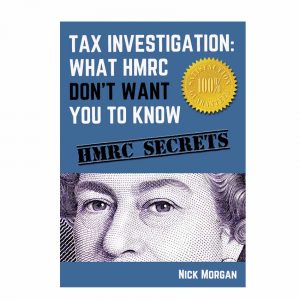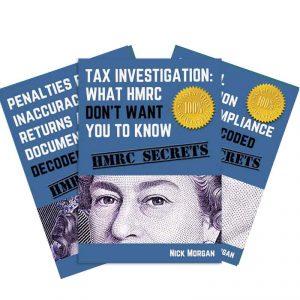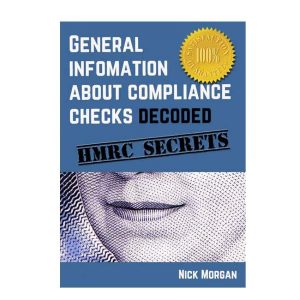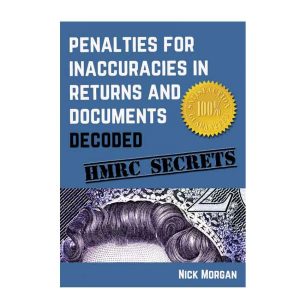Alternative Dispute Resolution (ADR) What It Is, How To Use It And Why It’s Great
To understand Alternative Dispute Resolution (ADR) you have to know some HMRC history. Our government needs more tax, HMRC are suffering cutbacks combined with pressure to increase revenue. HMRC has low calibre investigators are clogging HMRC’s moneymaking machine with bullshit cases. These cases go on for years and years draining HMRC’s resources and producing low yields.
My case was one of these, a four year investigation that should have gone on for a few months, enough paperwork to fill three leaver-arch files when the calculations could have been done on the back of a fag packet.
At the end of it all I said to the regional boss, “This is bonkers, you can’t tell me how much the case has cost (because you don’t log work hours) but let’s say it’s £50,000 (a low estimate) the yield has been under £4,000, so you are down at least £46,000 – that’s just a waste of taxpayers’ money.”
The regional boss said: “We have no sense of materiality, it doesn’t matter if it’s £100 or £10,000 the important thing to us is that it is right.”
And that’s just the sort of attitude HMRC now wants to change: they can’t afford to have petty cases drain resources and they also don’t want taxpayers to appeal to a Tribunal either, because that too is really expensive.
So now we have ADR, HMRC says, “This service aims to help resolve disputes or get agreement on which issues need to be taken for a legal ruling… you can.. ask for ADR before HMRC have made a decision.”
So at any point in the investigation you can ask for ADR.
Every case is different, but it would seem as though this new ADR team is strong on tax law so if individuals and small companies are being bullied and there is little or no evidence of wrongdoing the case is closed quite swiftly.
ADR is well worth going for particularly if you feel that you are being bullied by an overzealous investigator.*
This month AccountingWEB and BDO have published a four part fly-on-the-wall drama to illustrate this process:
1: Face to face
We follow Mr and Mrs Spencer-Smith as they enter into the opening phases in their mediation with HMRC. Will sparks fly or will they get on?
2: What lies beneath?
This is the next stage of mediation – from establishing the facts in dispute, to both parties separating into different rooms and having a one-to-one conversation with the mediator.
3: Bargaining phase
Here we look at the mechanics of mediation. We follow Mr and Mrs Spencer-Smith as they enter into the bargaining phase of their mediation with HMRC. What offers will be made – and will HMRC accept? Watch to find out.
Episode 4: Finale
Day-long discussions between the Revenue and clients Mr and Mrs Spencer-Smith come to a head, as an agreement is reached. But what will it be, and will it be amicable?
Extract from Everything you wanted to know about a tax investigation but were too afraid to ask.









